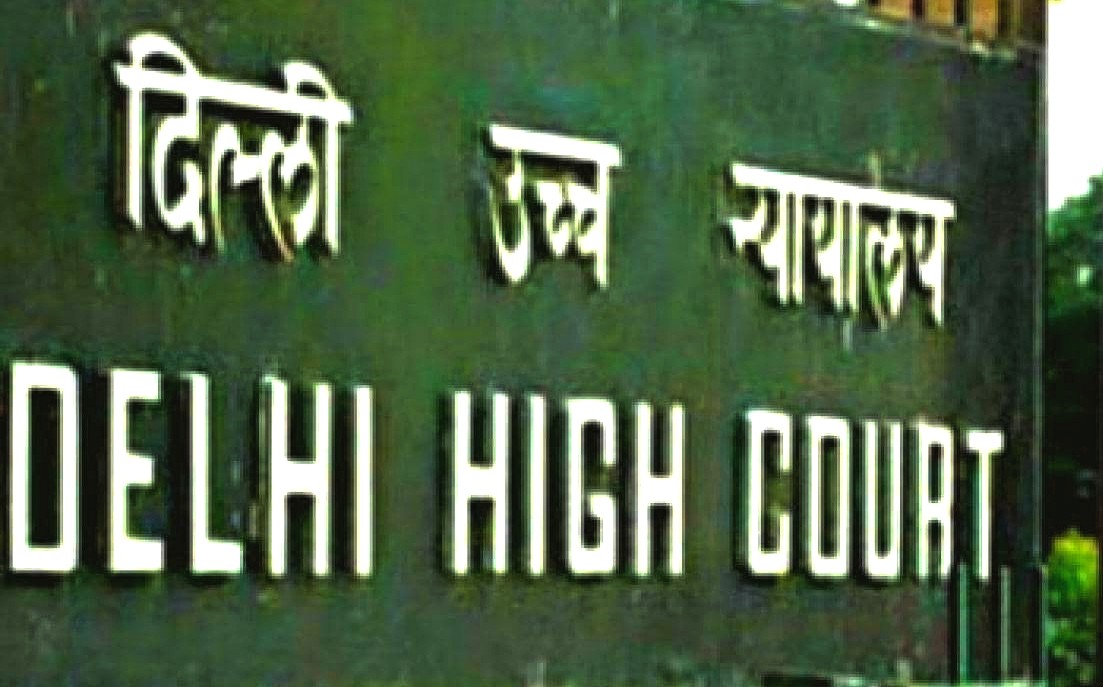Acquittal in criminal trial has no bearing on disciplinary proceedings: Supreme Court

Read Judgment: Maharashtra State Road Transport Corporation V. Dilip Uttam Jayabhay
Pankaj Bajpai
New Delhi, January 4, 2022: The Supreme Court has opined that an acquittal in a criminal trial has no bearing or relevance on the disciplinary proceedings as the standard of proof in both the cases are different and the proceedings operate in different fields and with different objectives.
Therefore, the Industrial Court has erred in giving much stress on the acquittal of the respondent by the criminal court, added the Apex Court.
A Division Bench of Justice M.R. Shah and Justice B.V. Nagarathna observed that when Dilip Uttam Jayabhay (Respondent – workman – driver) admitted before the Industrial Court that after the order of dismissal he had been gainfully employed, then his reinstatement with continuity of service was not warranted.
The observation came pursuant to an appeal preferred by Maharashtra State Road Transport Corporation (MSRTC – Appellant) assailing the judgment of the High Court, whereby, the challenge to an order passed by the Industrial Court directing reinstatement of Respondent without back wages but with the continuity of service, came to be dismissed.
The background of the case was that, the respondent, a bus driver, met with an accident and resulted in its collision with a jeep coming from the opposite direction. The accident resulted in the death of four passengers on the spot and injury to six passengers. Accordingly, the respondent was subjected to disciplinary enquiry, upon conclusion of which he was dismissed from service. The Respondent was also prosecuted for the offence u/s 279 of IPC. However, he came to be acquitted.
When the respondent challenged the order of dismissal, the Labour Court upheld the dismissal. In a revision application, considering the acquittal of the respondent in criminal proceedings and observing that the drivers of both the vehicles were negligent, the Industrial Tribunal exercised powers under item No.1(g) of Schedule IV of the Maharashtra Recognition of Trade Unions and Prevention of Unfair Labour Practices Act, 1971 (MRTU and PULP Act, 1971), and held that the order of dismissal is disproportionate to the misconduct proved. The Industrial Tribunal also directed reinstatement of the Respondent without back wages but with continuity of service.
When the matter reached the High Court, the Appellant was directed to pay to the respondent back wages with effect from November 1, 2003 to the date of his superannuation, in addition to the direction for entitlement to retiral benefits on the basis of continuity of service with effect from date of his dismissal and till his superannuation. Hence, present appeal.
After considering the submissions and evidences, the Apex Court found that the Respondent was driving the vehicle in such a great speed and rashly due to which the accident had occurred in which four persons died.
Even while acquitting the Respondent who was facing the trial u/s 279 & 304(a) of IPC Criminal Court observed that the prosecution failed to prove that the incident occurred due to rash and negligent driving of the respondent only and none else, added the Court.
Therefore, the Top Court said that even if it is assumed that the driver of the jeep was also negligent, it can be said to be a case of contributory negligence, and that does not mean that the respondent was not at all negligent. Hence, it does not absolve him of the misconduct.
Speaking for the Bench, Justice Shah observed that as such the Labour Court had in extenso considered the order of acquittal passed by the criminal court and did not agree with the submissions made on behalf of the respondent that as he was acquitted by the criminal court he cannot be held guilty in the disciplinary proceedings.
However, the Industrial Court had not interfered with the findings recorded by the disciplinary authority holding charge and misconduct proved in the departmental enquiry, and had interfered with the punishment of dismissal solely on the ground that same was shockingly disproportionate and therefore can be said to be an unfair labour practice as per clause No.1(g) of Schedule IV of the MRTU & PULP Act, 1971, added the Bench.
Justice Shah went on to observe that even the directions issued by the High Court directing the appellant to pay wages to the respondent also could not have been passed.
Accordingly, the Top Court upheld the order of dismissal passed by the disciplinary authority dismissing the respondent from service.
Sign up for our weekly newsletter to stay up to date on our product, events featured blog, special offer and all of the exciting things that take place here at Legitquest.




Add a Comment